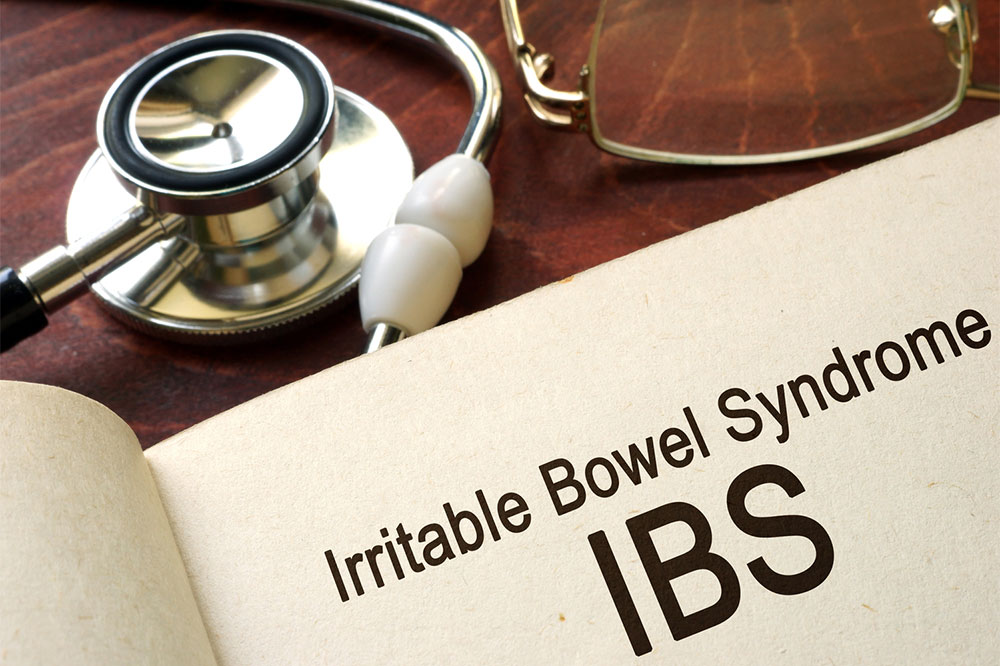Comprehensive Guide to Severe Constipation: Causes, Symptoms, and Effective Management
This comprehensive guide explores severe constipation, highlighting its causes, symptoms, and effective management strategies. It emphasizes lifestyle modifications, medical considerations, and preventive measures to maintain healthy bowel movements and digestive health, especially for vulnerable populations like older adults and pregnant women.

Comprehensive Guide to Severe Constipation: Causes, Symptoms, and Effective Management
Constipation is a common digestive issue that affects a significant portion of the population. It is typically characterized by infrequent bowel movements—fewer than three per week—accompanied by stools that are dry, hard, and difficult to pass. While occasional constipation is often manageable, severe constipation can cause considerable discomfort and may signal underlying health problems. Understanding the root causes, recognizing warning signs, and exploring effective strategies for management are essential for maintaining digestive health and overall well-being.
Severe constipation often results from a combination of lifestyle factors, medical conditions, and sometimes medication use. Recognizing these contributors helps in implementing preventative measures and seeking appropriate treatment. Lifestyle habits such as poor diet and sedentary behavior significantly influence bowel health, but medical issues can also play a critical role in disrupting normal bowel movements.
Dietary choices are among the most impactful factors influencing constipation. Consuming a diet high in fatty, sugary, and processed foods, while lacking fiber-rich options such as fruits, vegetables, and whole grains, can slow down digestion. Fiber is vital for adding bulk to stool and facilitating smoother bowel movements. Inadequate water consumption further exacerbates constipation, as dehydration leads to harder stools that are difficult to pass. Moreover, excessive caffeine intake and alcohol consumption can impair gut motility, increasing the risk of constipation.
In addition to diet, lifestyle habits such as irregular bowel routines, ignoring the body's natural urge to defecate, and a sedentary lifestyle contribute to poor digestive health. Traveling, stressful life events, or drastic changes in diet can disturb normal bowel patterns. Physical activity stimulates intestinal muscles, helping move stool through the colon. Lack of exercise diminishes this natural motility, making constipation more likely.
Medications are another common cause of severe constipation. Certain drugs, including antacids containing aluminum or calcium, diuretics, antidepressants, and pain medications, can interfere with normal digestive processes. Laxatives are often used to temporarily alleviate constipation; however, excessive and prolonged use can lead to dependency and worsen bowel function over time. It’s essential to use laxatives judiciously and under medical supervision.
Various underlying health conditions can also contribute to chronic constipation. These include Irritable Bowel Syndrome (IBS), diabetes, hypothyroidism, autoimmune diseases like lupus, and neurological disorders such as Parkinson's disease or spinal cord injuries. Pregnancy naturally increases the risk due to hormonal changes and pressure exerted on the intestines. Aging is also a significant factor, as intestinal motility tends to decline with age, making older adults more vulnerable to constipation.
Monitoring bowel habits is key to early detection and management of severe constipation. Changes such as infrequent bowel movements, the presence of hard or lumpy stools, straining during defecation, and persistent feelings of incomplete evacuation are warning signs. In some cases, severe constipation may cause rectal blockages or hemorrhoids, further complicating the condition. It is especially common among vulnerable groups including older adults, pregnant women, children, and individuals with limited mobility or chronic illnesses.
Preventive measures and lifestyle adjustments can significantly reduce the risk of developing severe constipation. Maintaining a balanced diet rich in dietary fiber, including fruits, vegetables, nuts, and whole grains, is fundamental. Staying adequately hydrated by drinking plenty of water throughout the day helps soften stool. Regular physical activity, such as walking, swimming, or yoga, stimulates intestinal motility and supports overall digestive health.
If constipation persists despite lifestyle changes, it is crucial to seek medical advice. Healthcare providers can perform evaluations to identify underlying conditions, recommend suitable treatments, and advise on safe use of medications or laxatives. In some cases, diagnostic procedures such as colonoscopy or anorectal manometry may be necessary to diagnose specific issues.
In conclusion, severe constipation is a multifaceted condition influenced by lifestyle, medical, and age-related factors. Recognizing the symptoms early, adopting healthy habits, and seeking medical support when necessary are vital steps in managing this common but often overlooked health problem. Prioritizing digestive health not only alleviates discomfort but also promotes better overall well-being and prevents related complications such as hemorrhoids, anal fissures, and nutritional deficiencies.





